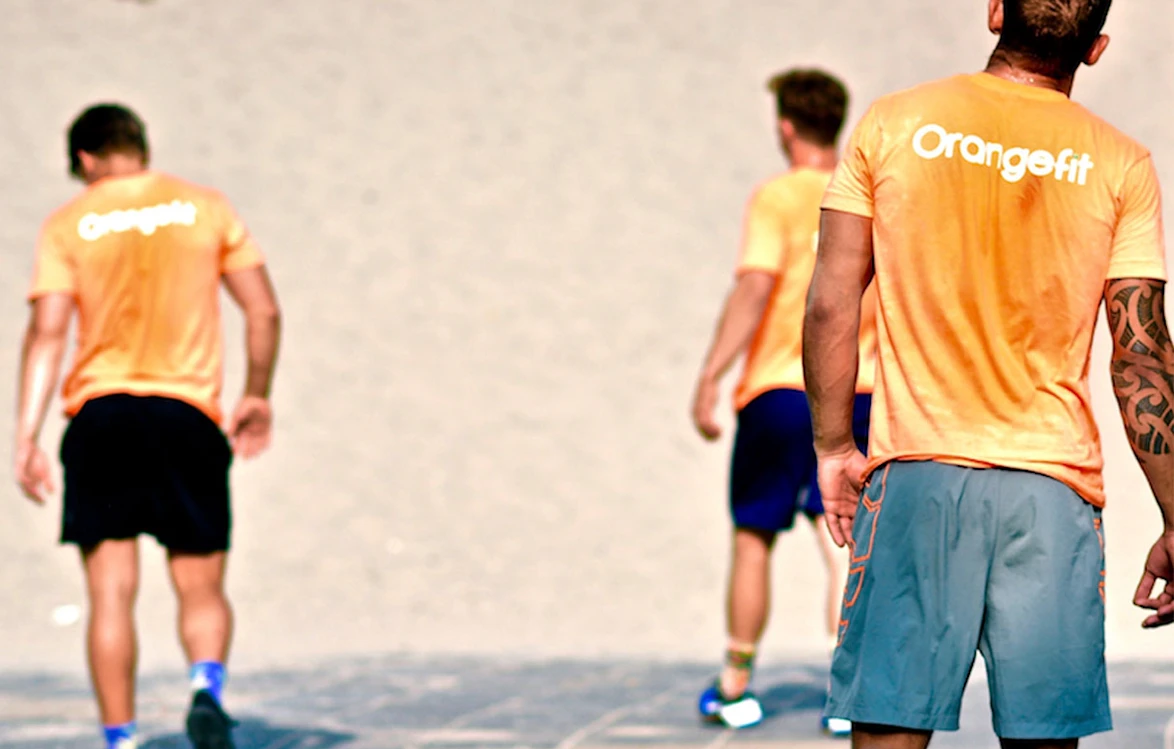Time to read: 3 min
Improving your sports performance with vegetables and fruits
A topic we keep coming back to is: "Eat more vegetables and fruits!" And that's for a good reason. Vegetables and fruits are a fantastic source of micronutrients (vitamins and minerals) and contain various other substances that our body cannot produce on its own and needs to obtain through food.
A deficiency in micronutrients can ultimately lead to reduced performance, fatigue, decreased muscle strength, increased muscle damage, and even a weakened immune system.
By eating more vegetables and fruits, you can help your body prevent this and not only work on your health but also ensure that your body can perform optimally!
1. Bananas
2. Green vegetables
Green vegetables like spinach, endive, kale, lettuce, and broccoli are packed with nutrients essential for good sports performance. They contain iron, calcium, magnesium, and vitamin C, among others. Vitamin C is a powerful antioxidant and also aids in the absorption of (non-heme) iron from plants.
Iron is crucial for the formation of hemoglobin, necessary for metabolism and the transport of oxygen in the blood. Adequate oxygen supply is vital during exercise as it ensures the proper functioning of your muscles.
3. Beets
Beets and green vegetables are rich in nitrate. Nitrate-rich vegetables can contribute to a better supply and more efficient utilization of oxygen in our muscles, particularly beneficial for (endurance) athletes.
It's worth noting that we're talking about whole beets and other nitrate-rich vegetables like celery, arugula, spinach, bok choy, pointed cabbage, and endive—not supplements or concentrated beet juice.
4. Berries
Antioxidants encompass substances such as vitamin C, vitamin E, selenium, and other bioactive compounds. These substances help neutralize so-called free radicals, which are generated as a result of various cellular reactions (including during exercise) and can potentially be harmful to our bodies.
5. Sweet potatoes
Sweet potatoes, like many fruits, are rich in vitamin C. Additionally, they contain a substantial amount of vitamin A, manganese (involved in energy metabolism), and vitamin B6, which is crucial for metabolism, the immune system, blood formation (oxygen transport), and the breakdown and synthesis of amino acids.
Conclusion
It's often well-known that eating more vegetables and fruits is a good investment in your health.
What many athletes and sports enthusiasts may not always realize is that intensive exercise not only comes with a higher need for energy but also a much greater demand for essential vitamins, minerals, and antioxidants.
